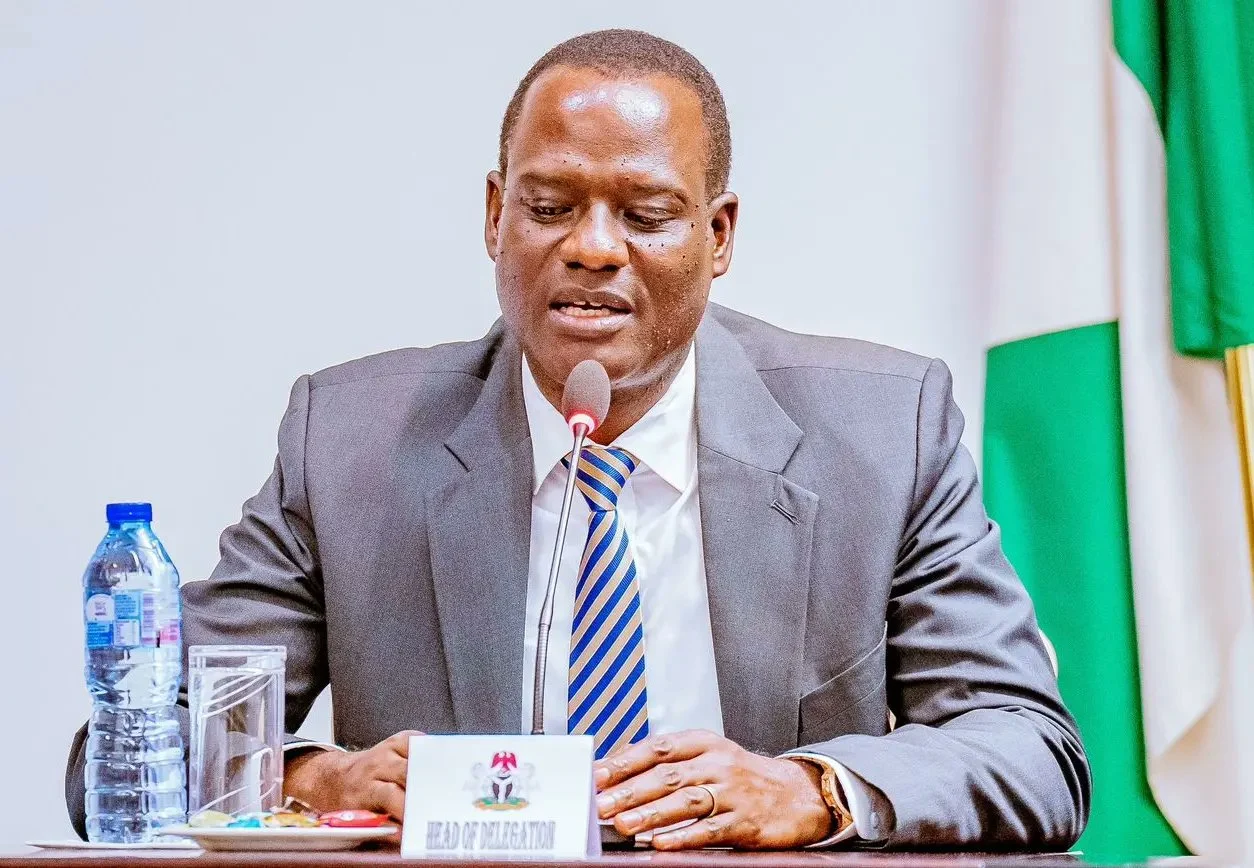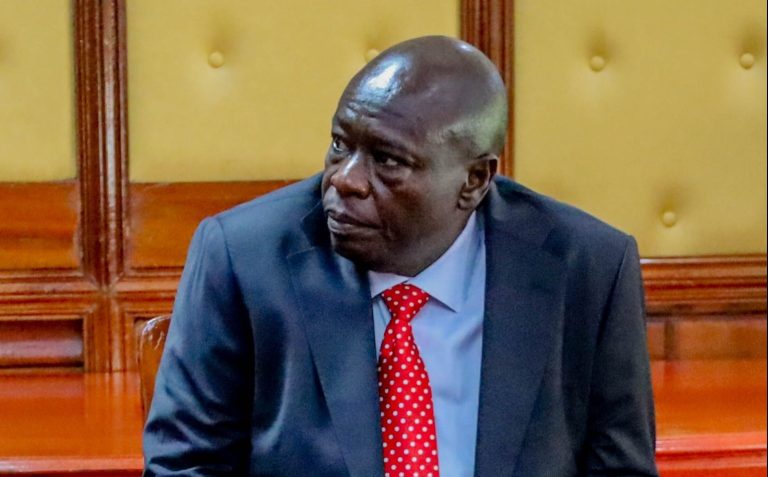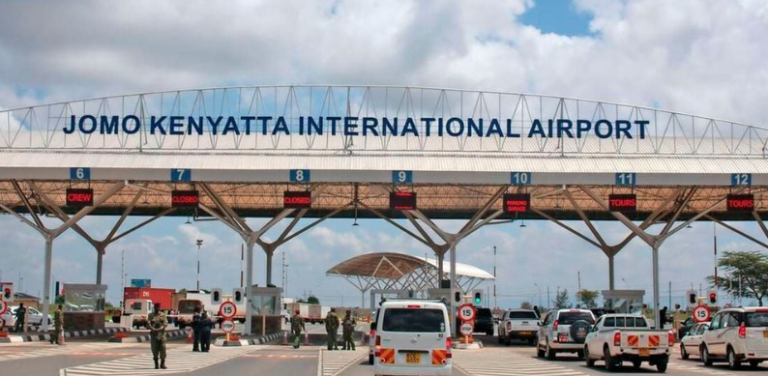
The Chairman of the Presidential Committee on Fiscal Policy and Tax Reforms, Taiwo Oyedele, has clarified that the much-criticised 5% fuel surcharge was not introduced by the current administration of President Bola Tinubu.
Speaking during a televised interview on Tuesday, Oyedele explained that the law backing the surcharge dates back to 2007 but was shelved due to the government’s fuel subsidy regime at the time.
“One very important message for people to know is that this surcharge was not introduced by this government. It was introduced in 2007,” Oyedele said.
“And then it was not implemented because the government was subsidising fuel.”
In recent days, reports suggesting that Nigerians will begin paying a 5% surcharge on fuel starting January have sparked widespread criticism. Many citizens and stakeholders have questioned the move, especially given the country’s current economic realities.
However, Oyedele clarified that the surcharge was not included in the tax reforms signed into law by President Tinubu earlier this year.
“While we were working on the tax reform bills, this particular surcharge wasn’t in the original proposal. So, it’s not something the President proposed to the National Assembly,” he explained.
According to him, the law originally placed the responsibility of collecting the surcharge on the Federal Road Maintenance Agency (FERMA), with the revenue expected to be shared, 40% for federal roads and 60% for state road projects.
“The law that set up this surcharge mandated FERMA to collect it,” Oyedele said. “But like I mentioned, it was never implemented because the subsidy system made it unfeasible at the time.”
He also dismissed rumours that the implementation will begin in January, saying there has been no official directive or confirmed timeline for enforcement.
Amid the confusion, civil society organisations and labour unions have condemned the proposed surcharge. The Trade Union Congress (TUC) has even threatened to embark on industrial action if the policy is implemented, calling on the Federal Government to reverse course.
The Organised Private Sector has also rejected the move, citing its potential impact on operating costs and consumer prices.
Despite the backlash, Oyedele maintained that the intention behind the surcharge is to provide a sustainable source of funding for road infrastructure, which he insists will ultimately benefit the public.



